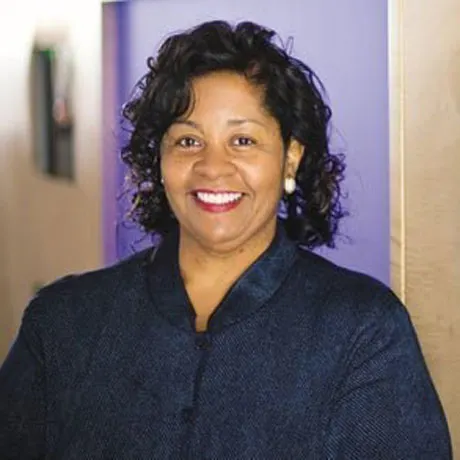6 things to know about private schools and special education
Maybe your child attends a private school, or maybe you’re thinking of sending your child to one. If so, it’s important to know that some schools are much better than others at helping students who learn and think differently.
are private schools that specialize in teaching kids like these. Other schools may not offer much support. They may not even admit students who struggle in certain areas.
Looking for a school that’ll be just right for your child? Check out GreatSchools.org, where you can search for schools in your area and find out which ones will serve your child best.
It’s also important to know how special education law affects private schools. Here are key things to know about private school and special education.
1. Evaluations for special education services
Federal law requires public school districts to look for and evaluate students who are suspected of having disabilities. This requirement is called Child Find. It applies to students who attend private school as well as those who attend public school or who are homeschooled.
This means that if you or your child’s teachers think your child might have a , you can request an evaluation that’s paid for by the public school system. Decisions about evaluating private school students are made by the public school district where the private school is located.
It’s a good idea to talk with your child’s teachers before you send a letter requesting an evaluation. The district will consult with your child’s school before deciding whether your child needs one. If the district agrees to an evaluation, it’s responsible for arranging and paying for these tests.
2. Equitable services
If your child qualifies for special education, you have a choice. You can move your child to your local public school that has the full range of special education services. Or you can have your child stay at the private school and get what’s called “equitable services.”
Equitable services are paid for by public funding. This funding is set aside specifically for students with disabilities whose parents put them in private school. But because this funding is limited, kids might get fewer free services if they go to a private school than if they switch to public school. For example, they might get fewer one-on-one sessions with a speech therapist.
3. Service plan
If you choose to send your child to private school, the school and the district may create a service plan (also called an Individual Service Plan, or ISP). This written plan is similar to an IEP. But a service plan tends to be less comprehensive.
4. Teacher certification
Public schools have strict guidelines for special education teachers. Teacher qualifications are spelled out in federal law (IDEA) and in each state’s education laws.
Private schools may use different hiring standards. For example, the staff members at an independent school for students with learning disabilities are likely to have as much training in special education as the staff at a public school. But the same may not be true of the staff at, say, a military academy or a parochial school.
5. Accommodations
Private schools will usually give certain like extra time on tests and . They might also let kids be tutored at the school, during the class day, by a private tutor that you pay for.
But if a child has greater needs, the school might recommend going to a public school that has more resources.
6. Placement decisions
When a school district determines that a child is eligible for special education, the district decides which learning environment and services are appropriate. Parents and caregivers are part of the team that makes this decision, which is called . For many kids who learn and think differently, the most appropriate placement is in a general education classroom in their local public school.
But in some cases, the district will agree to an out-of-district placement. That’s when the district you reside in agrees to pay for the cost of sending a child to a school approved by the state to educate students with a certain range of disabilities. This happens when the district agrees that a child’s local public school can’t meet the child’s needs.
If you and the district disagree about which placement your child needs, you can consider a strategy called unilateral placement. This involves notifying the district before enrolling your child in a private school.
But to get the district to pay for the tuition, you’ll most likely have to use a dispute resolution option, like due process. (Download sample letters for dispute resolution.)
To learn more, watch as an expert talks through what you need to know about special education and private school.
Read a personal story from a mom whose kids get special education services at private school. And if you’re considering using a voucher to pay for tuition, learn how voucher programs work.
Key takeaways
Private schools often agree to give accommodations like extra time on tests.
A services plan tends to be less comprehensive than an IEP.
Private schools can use different hiring standards than public schools, which have strict guidelines for special education teachers.

